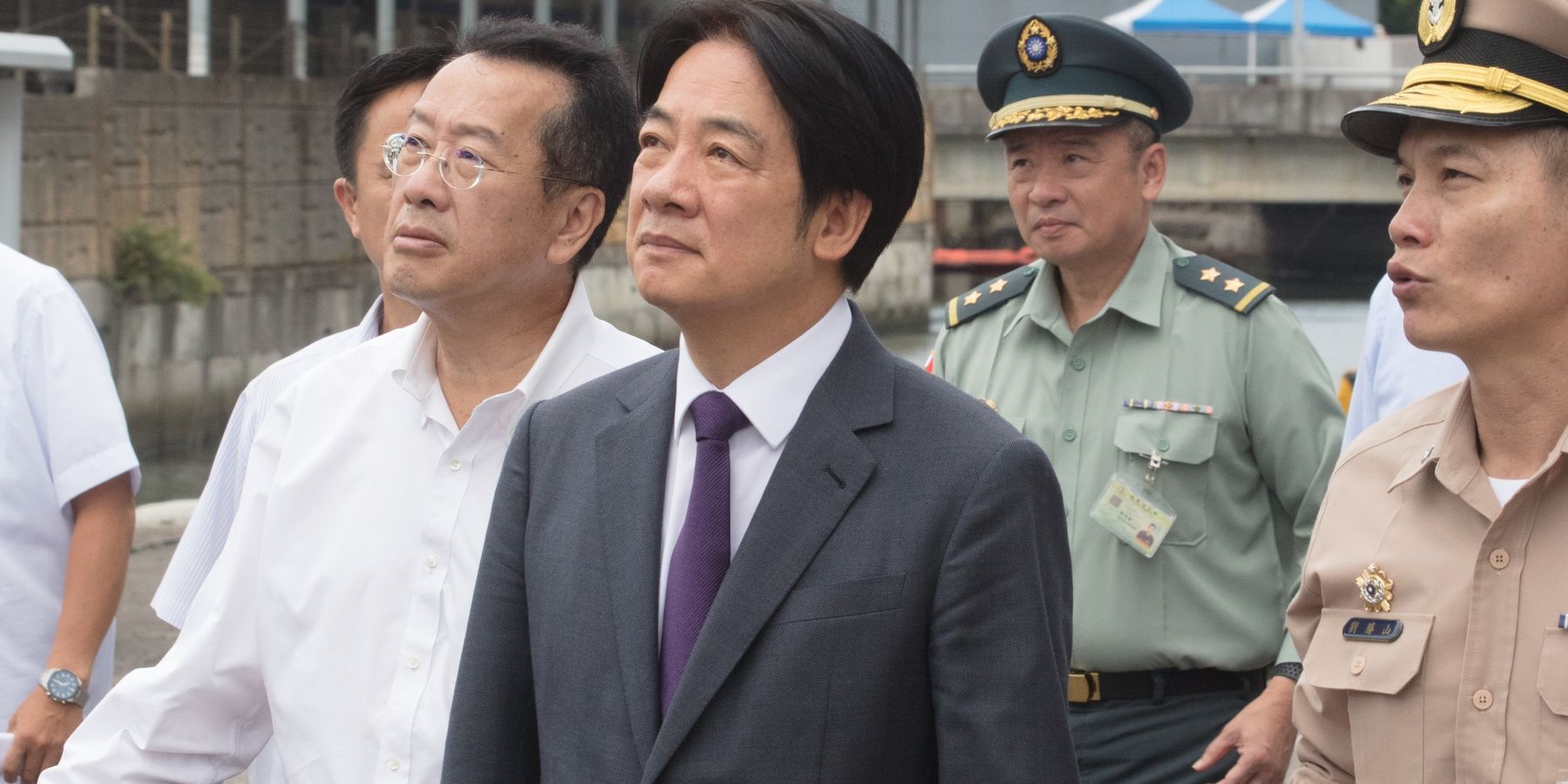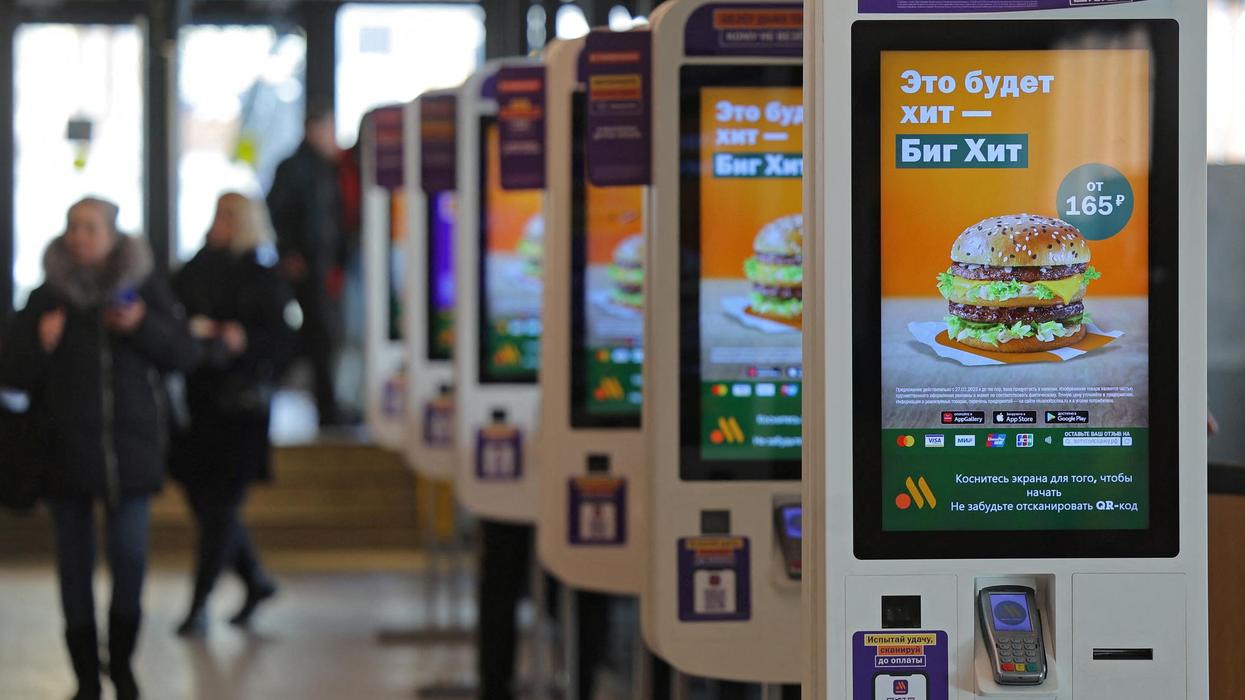Earlier this week, the Financial Times reported that the Trump administration denied permission for Taiwanese President Lai Ching-te to transit the U.S. en route to his diplomatic trip to Latin America. The U.S. decision eventually led Lai to cancel his trip, according to the report.
The Trump administration’s blocking of Lai’s stopover has drawn criticism across Washington’s foreign policy establishment, including from think tank experts and former officials. Some critics stress the moral inadequacy of the decision, arguing that the U.S. should not be turning its back on Taiwan, a longtime democratic friend, particularly when the island is subject to increasing diplomatic and military pressure from China. Others point to the danger of eroding deterrence; that is, how Washington’s decision might signal weakness and embolden Beijing at a critical moment.
Such criticisms reflect valid concerns. However, the administration’s decision to avoid high-profile interactions with Lai this time around makes sense given its diplomatic focus on ongoing tariff and related negotiations with China. Moreover, there was considerable risk that Beijing would use Lai’s visit as a justification for intensifying its already escalating saber-rattling against Taiwan, consequently making the state of deterrence more fragile.
Lai’s trip, initially scheduled for early August, would have coincided with Washington and Beijing's active negotiations to reach a trade deal, which is a high priority for Trump’s foreign and domestic agenda. Just this Monday and Tuesday, senior American and Chinese officials were meeting in Stockholm, and talks are expected to resume throughout the coming weeks. Allowing Lai’s stay in the U.S. for a series of high-profile activities, reportedly including an event in New York with a major U.S. think tank, could jeopardize the trade talks.
Historically, China has opposed high-profile political interactions between Taipei and Washington, including Taiwanese presidents visiting the U.S., viewing them as a tool for Taiwan to promote its “independence” and Washington’s implicit endorsement. To be sure, Chinese reactions have varied depending on the geopolitical climate and the perceived political significance. When Taiwan-China relations and U.S.-China relations were relatively stable, and the scope of interactions was kept fairly limited in terms of formality and visibility, Beijing’s responses to Taiwanese presidential stopovers in the U.S. tended to be more tolerant, often not going beyond ritualistic rhetorical objections. But when Taiwan-China relations and U.S.-China relations were tense, and the interactions were seen as politically symbolic, Beijing’s reactions tended to be more belligerent and escalatory.
For example, in 1995, with the approval of the Bill Clinton administration, then-Taiwanese President Lee Teng-hui — a strongly nationalist figure (or pro-independence from China’s viewpoint) who had a conflictual relationship with Beijing — visited New York and delivered a major speech on Taiwan’s transformation from authoritarianism to democracy at Cornell University. Lee’s visit provoked Beijing to recall its ambassador from Washington and ramp up its military threats against Taiwan, which ended up triggering what is known as the Third Taiwan Strait Crisis between the U.S. and China.
A more recent case took place when Lai’s predecessor, Tsai Ing-wen — who had a tense relationship with Beijing due to her firm stance on the issue of sovereignty and independence — visited the U.S. in 2023 and participated in various high-profile activities, including meetings with senior U.S. politicians and a think tank event. Beijing responded by conducting large-scale military drills encircling Taiwan for three days.
In today’s context, tensions in Taiwan-China relations and U.S.-China relations are worryingly high. Beijing is deeply pessimistic about Lai — known for his pro-independence credentials — and has been hostile toward his government. As with his predecessor Tsai, Lai has also remained hardline toward Beijing regarding Taiwan’s sovereignty, if not tougher in rhetoric. Add to this, mutual suspicions between the U.S. and China about their intentions continue to deepen as “great power competition” overshadows their relationship.
Given the fraught dynamics in the U.S.-Taiwan-China triangular relationship, it was likely that Lai’s visit would prompt an aggressive Chinese response that would risk derailing, at least temporarily, the trade talks. Perhaps recognizing the volatility of the situation amid high-stakes negotiations with China, Washington appears to have chosen to avoid provoking Beijing.
Essentially, the Trump administration’s decision to veto Lai’s stopover has no real impact on the concrete cooperation between the U.S. and Taiwan. Nor does it suggest the administration will not allow future transits. Behind the optics, the structure of cooperation remains business as usual, as evidenced by the administration’s recent pitch to Congress to expand military aid to Taiwan.
The takeaway here is not that high-profile political engagement with Taiwan has no value, but to think more carefully about the benefits and costs of such symbolic interactions. Taiwanese presidential transits to the U.S. or visits to Taiwan by high-level American officials can be meaningful in terms of demonstrating mutual friendship. But ultimately, practical cooperation, not symbolic visits, will be the decisive factor in U.S.-Taiwan ties and the state of deterrence vis-à-vis China more broadly.
Furthermore, limiting high-profile symbolic interactions with Taipei could better position Washington to practice both deterrence and reassurance vis-à-vis Beijing. By doing so, Washington could avoid creating unnecessary pretexts for Chinese saber-rattling, thereby reducing a potential source of escalation, while continuing to support Taiwan's defense efforts. Simultaneously, Washington’s restrained approach to political engagement with Taipei could help reassure Beijing about the continued U.S. adherence to the One China policy — that it seeks to promote a peaceful resolution of cross-strait differences, not Taiwan’s independence.
All that said, there are legitimate concerns to be raised about how the U.S. blocking of Lai’s transit can give the impression that Washington is willing to compromise U.S. security interests regarding Taiwan for a trade deal with Beijing. Such an impression could mislead Beijing into believing that it can leverage trade talks to extract security concessions regarding Taiwan, such as loosening or cutting U.S. military support for the island.
The revelation from yesterday’s report that the Taiwanese defense minister’s scheduled visit to Washington in June was cancelled after a call between Trump and Chinese President Xi Jinping further highlights the risk of Beijing’s possible overreach in negotiations.
To ensure negotiations are grounded on realistic expectations, U.S. officials should make it clear to their Chinese counterparts that security and trade issues are to be kept separate, and also advise Trump that it is necessary to avoid such entanglement.
















